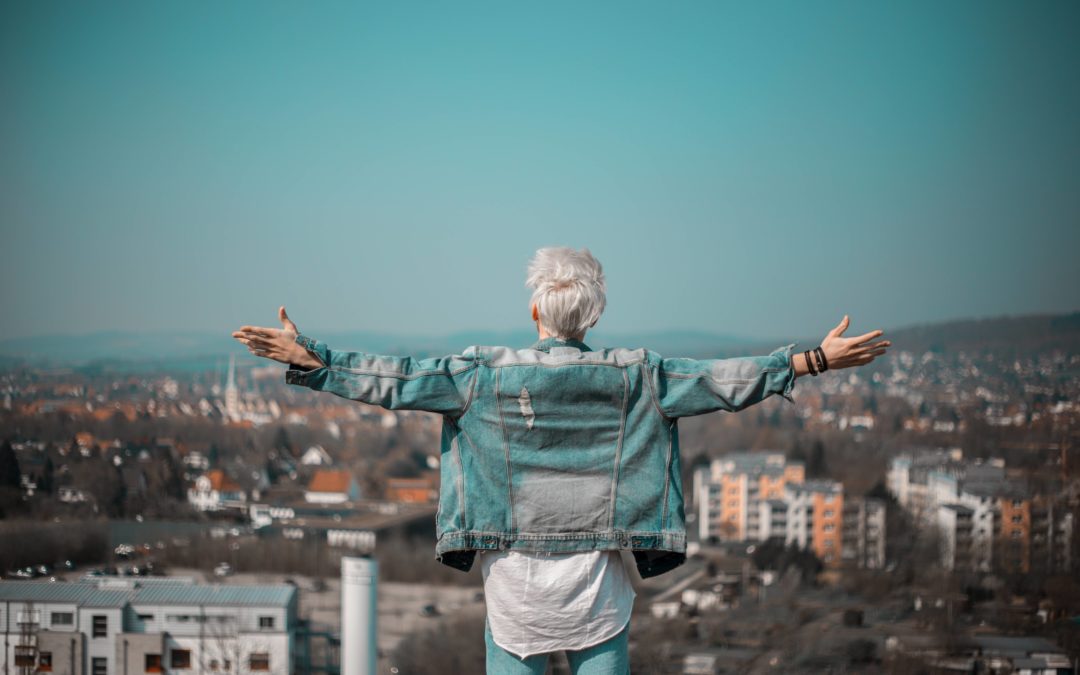Embracing differences can be challenging.
As open-minded as I think I am, like everyone, I have unconscious biases and I work hard to notice when I need to consciously override them.
I have been aware of differences all my life: I am half-Japanese, half-Caucasian. When I was in elementary school, kids used to ask me where I was from and I would tell them I was American (I was born in the US), even though I knew they were really asking about my ethnic background. Sometimes they would ask me if I was Chinese. For a while I would tell them I was Eurasian.
Even now, as an adult, people still ask what my ethnic background is. I look different and difference can make people curious and sometimes a little uncomfortable.
Once my Mom packed me Kari Kari in my lunch box – dough cut into long pieces, baked in the oven, and basted with a soy sauce and sugar coating. It was a Japanese treat that my Grandma used to make my mom and her siblings when they were growing up. It is so delicious. My friends had never seen it before and they didn’t know what it was. They didn’t want to try it, but I ate the whole bag.
We also used to take ika in our lunches sometime – dried squid; it tastes good but is quite smelly. The other kids didn’t want to try it – too smelly – and it made me self-conscious about taking it in my lunch after that.
Being different wasn’t something that was constantly on my mind. Frequently enough though, there would be these reminders of differences – from how I looked to what I ate. These reminders subtly but consistently reinforced the nagging feeling that I didn’t quite belong.
Recently, my son played in an international baseball tournament hosted in Vancouver. And he’s so lucky to have a chance to play in a tournament with teams from Canada, Japan and Taiwan. He’s playing on a team with the Asahi organization which is organized through the Japanese Cultural Centre. Asahi welcomes players of any background and was named in honour of the Asahi baseball team. My son has really enjoyed his Asahi experiences – the organization is focused on developing skills in players and is open to all children and youth who want to play. It’s been a great chance to play with different people and learn more about the Japanese values that the original Asahi teams embodied.
The fact that they welcome players from all backgrounds can teach us an important lesson.
As a woman in business, I get the opportunity to travel and when I go new places and meet new people, I am frequently reminded of diversity and differences. One experience that has really stuck with me was visiting Mexico. I was on a project, staying in a hotel, and when we would get into the elevator and ride down to the lobby, everyone getting on the elevator would say “Buenos Dias” or “good morning” to everyone else on the elevator. It made the elevator ride a really friendly experience. and it’s certainly not something that is common in my experience in North America.
And it got me wondering …
Even though in many ways, we, in Canada, like to think that we have turned a corner in terms of appreciating diversity and respecting cultural differences, I still think we can do better.
What would happen if we took some of these practices that happen in other places and brought them home?
How would doing this change our culture for the better?
Can we continue to learn about effectively embracing difference by humbly observing how this is done in other countries and other cultural contexts?
At this time in history, the concept of embracing cultural differences is extremely pressing.
Have you ever had the feeling that you don’t quite belong? Are there things from other countries that you’d like to see adopted in your own country, workplace or family?
If you liked this article, check out:
Originally published at www.possibilify.com


